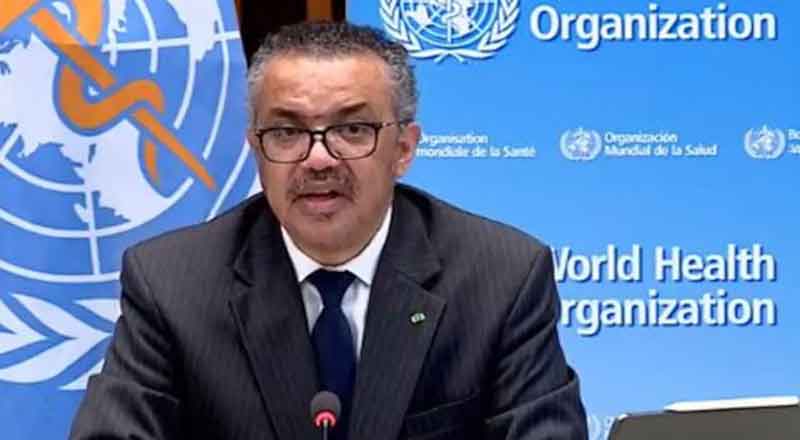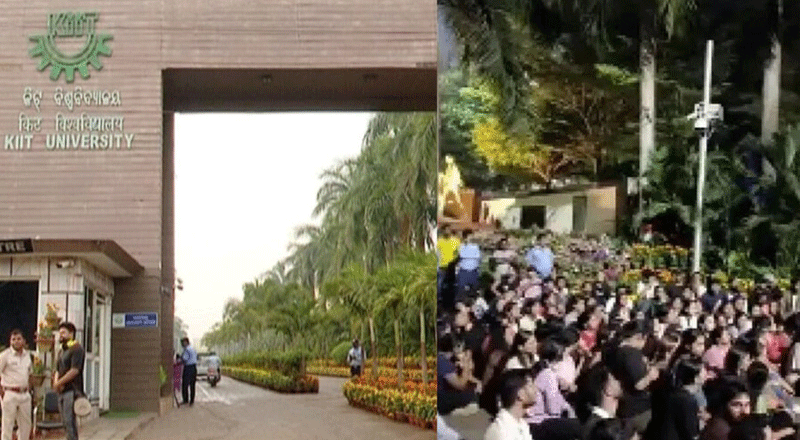At the 77th World Health Assembly, WHO Chief Tedros Adhanom Ghebreyesus commended India’s significant advancements in traditional medicine, marking 2023 as a productive year for global health initiatives. Among the notable achievements highlighted were the establishment of India’s Global Traditional Medicine Centre and the inaugural global summit on traditional medicine held in New Delhi.
Global Traditional Medicine Centre in India:
One of the cornerstones of India’s contributions to global health efforts is the establishment of the Global Traditional Medicine Centre in collaboration with WHO. This center, supported by a substantial investment of $250 million from India, aims to leverage the potential of traditional medicine through the application of modern science and technology. By harnessing the knowledge and practices of traditional medicine from around the world, the center seeks to enhance the health and well-being of people globally.
Technology Transfer Initiatives:
In line with WHO’s efforts to promote technology transfer and diversified manufacturing, significant strides have been made in facilitating partnerships and collaborations. Notably, the mRNA Technology Transfer Programme has seen the participation of 15 partners, expanding the technology pipeline to include new vaccines of both regional and global significance. These initiatives underscore the commitment of WHO and its partners to ensuring equitable access to life-saving vaccines and medicines.
India-WHO Collaboration in Traditional Medicine:
The collaboration between India and WHO in the field of traditional medicine has been lauded as a pioneering effort with far-reaching implications. Prime Minister Narendra Modi has emphasized the importance of this partnership, describing it as a commendable initiative aimed at serving humanity. The establishment of the Global Centre for Traditional Medicine in Jamnagar, Gujarat, underlines India’s commitment to promoting holistic approaches to healthcare.
Traditional Medicine Global Summit:
A significant milestone in 2023 was the convening of the Traditional Medicine Global Summit, co-hosted by India during its G20 presidency. This summit provided a platform for experts and stakeholders to explore the role of traditional, complementary, and integrative medicine in addressing pressing health challenges. Held alongside the G20 Health Ministerial meeting, the summit facilitated discussions on driving progress in global health and sustainable development through traditional medicine.
Praise for India’s Rich Medicinal Heritage:
Ghebreyesus, affectionately referred to as ‘Tulsi bhai’ by PM Modi, acknowledged India’s rich history of traditional medicine, including Ayurveda and yoga. He stressed the importance of integrating this ancient medicinal knowledge into national health systems worldwide, highlighting its effectiveness in alleviating pain and promoting holistic well-being. The Gujarat Declaration, a key outcome of the global summit, aims to foster the integration of traditional medicines into national health systems, unlocking their potential through scientific innovation.
Impactful Achievements in 2023:
In addition to advancements in traditional medicine, WHO’s efforts in 2023 yielded significant achievements in various other areas of global health. Notably, 120 medicines, vaccines, diagnostics, and other health products were prequalified, including those for HIV, malaria, multidrug-resistant TB, Ebola, polio, and COVID-19. However, challenges such as disruptions to routine immunization programs due to the COVID-19 pandemic were also highlighted, emphasizing the need for concerted efforts to address gaps in healthcare delivery.
Looking ahead, Ghebreyesus expressed optimism regarding the global health landscape, anticipating substantial progress in health emergency preparedness by 2025. With a focus on reaching vulnerable populations and strengthening health systems, WHO remains committed to achieving its goal of protecting 1 billion people from health emergencies. Through continued collaboration and innovation, WHO and its partners strive to build a healthier and more resilient world for all.
(With inputs from agencies)





